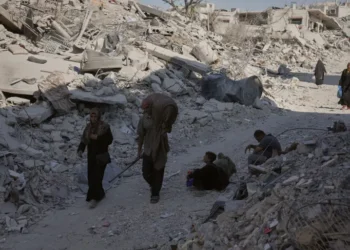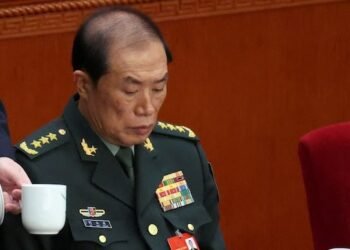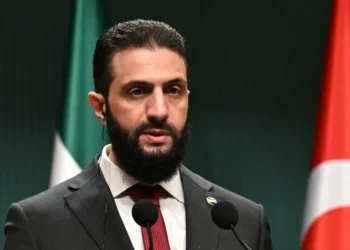At a meeting with the leaders of five countries in the region that emphasized Beijing’s expanding clout, Chinese President Xi Jinping on Friday, May 19, 2023, pledged to increase railway and other economic linkages with Central Asia and suggested cooperatively exploring oil and gas resources.
The two-day China-Central Asia Summit, which was held in the western city of Xi’an coincides with the G7 summit where President Joe Biden and other representatives from the Group of Seven major economies have gathered in Hiroshima, Japan.
It demonstrated Beijing’s initiatives to build China-centric commerce and security networks in response to the United States’ perceived hegemony over the world.
By constructing railroads and other trade-related infrastructure as part of its Belt and Road Initiative, China is gaining economic traction throughout Central Asia.
The summit is the first in-person meeting of its kind since Beijing established diplomatic relations with the five newly independent countries in 1992.
“We need to expand economic and trade ties,” Xi said in a speech to leaders from Kazakhstan, Kyrgyzstan, Tajikistan, Turkmenistan and Uzbekistan.
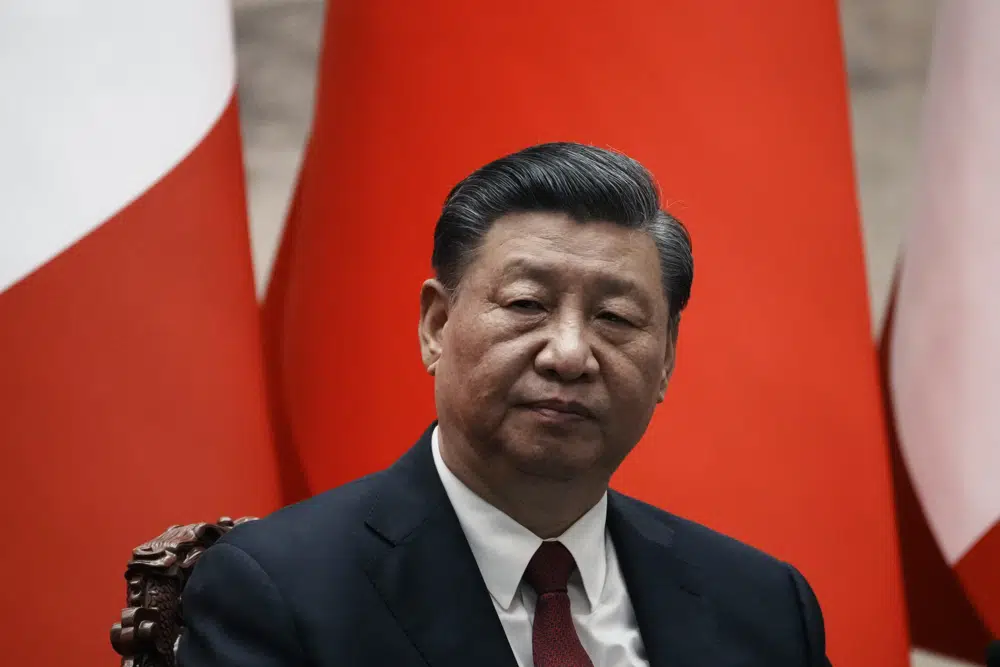
Xi called for the region to “resolutely oppose external interference” and “attempts to instigate ‘color revolutions,’” a reference to movements that overthrew leaders in countries such as Ukraine and Georgia.
China accuses the West of supporting opposition to the governing Communist Party in Xinjiang, a region in western China that is home to a majority of Muslim ethnic minorities with roots to Central Asia.
By building highways and rail lines and encouraging Chinese commercial businesses to establish storage facilities in Central Asia, the Chinese leader promised to expand cross-border trade. He pledged to make the importation process simpler.
To expand oil and gas resources, Xi suggested creating a partnership between China and Central Asia. In order to boost nuclear power and feed Central Asian gas to China’s energy-hungry economy, he claimed Beijing wanted to expedite the building of a new pipeline.
Xi promised Chinese help for Central Asian governments to strengthen security and defense and to combat terrorism. He promised to “jointly promote peace” in Afghanistan.
Beijing earlier announced plans for a regional anti-terrorism center to train Central Asian security forces.
Xi’s government sees political Islam as a threat and is accused of detaining about 1 million people in Xinjiang in what Beijing says is a campaign to stop extremism.
“We should remain zero-tolerant to the three forces of terrorism, separatism and extremism,” Xi said.
“Brotherhood Is Better Than All Wealth”
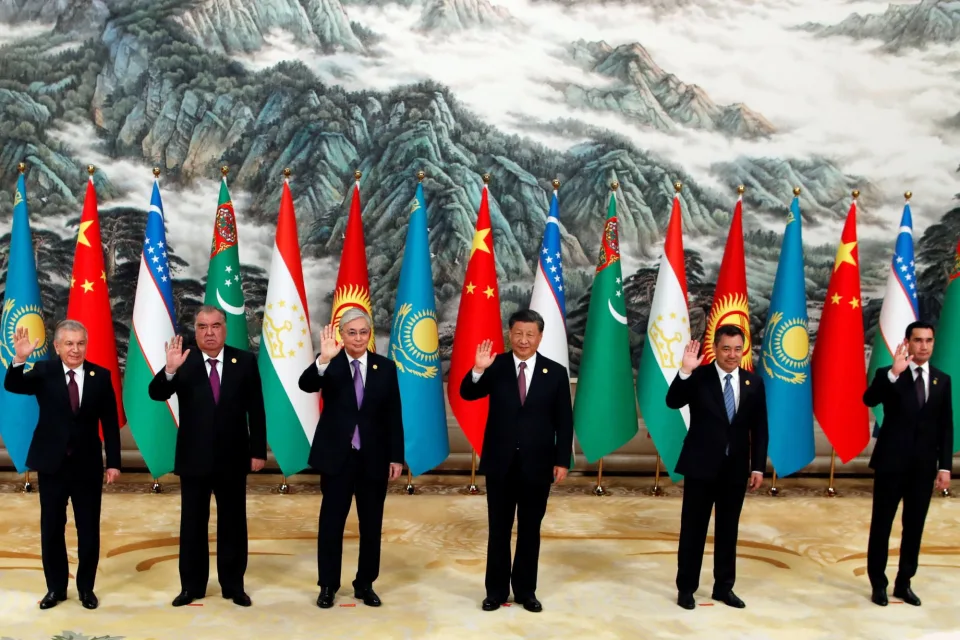
Also, the Chinese President urged the “brethren in Central Asia” to unite against attempts to divide them in the face of unprecedented turmoil and build themselves as the bridge connecting Asia and Europe.
“The world needs a harmonious Central Asia. Brotherhood is better than all wealth,” Xi stated in a keynote speech.
The Chinese leader averred, “Ethnic conflicts, religious strife and cultural divisions are not the main theme of Central Asia. Unity, tolerance and harmony are what the people of Central Asia seek,” adding that “no one has the right to create discord and confrontation in Central Asia, let alone seek political self-interest from it”.
“The sovereignty, security, independence and territorial integrity of Central Asian countries must be safeguarded, the development path chosen independently by the Central Asian people must be respected, and the efforts of the Central Asian region to work for peace, harmony and tranquility must be supported.”
Xi Jinping
With its “unique geographical advantage”, Central Asia could “become an important interconnection hub in Asia and Europe”, Xi said.
The leaders agreed to establish a formal mechanism to hold a China-Central Asia meeting every two years, with Kazakhstan to host the next one in 2025.




